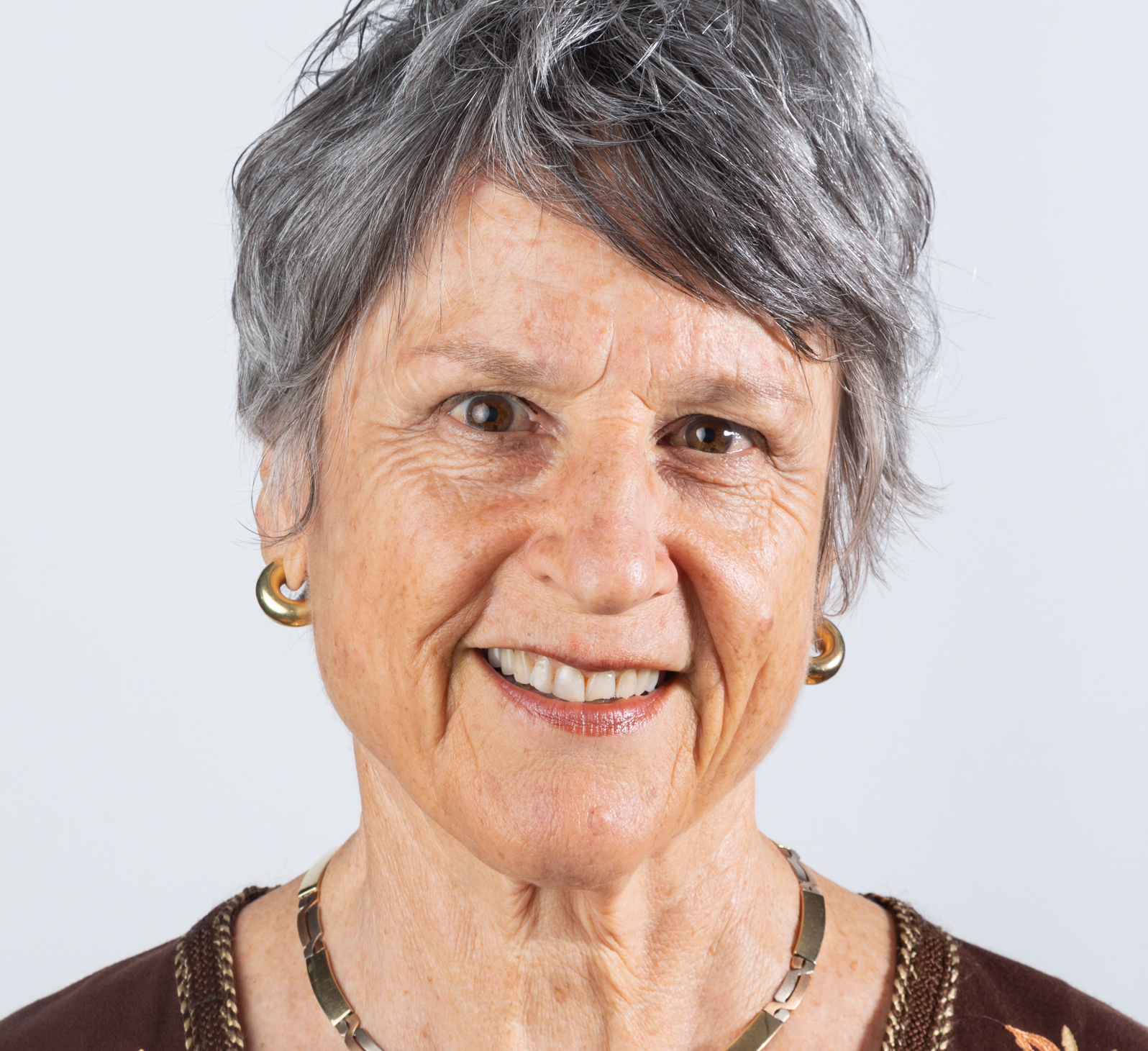Jennifer Thomson re-elected OWSD President
June 14, 2021
The current OWSD President will renew her position for 2021-2025.
 We are delighted to announce that Jennifer Thomson has been confirmed for a second term as OWSD President.
We are delighted to announce that Jennifer Thomson has been confirmed for a second term as OWSD President.
On hearing the news, Professor Thomson said, with her characteristic enthusiasm, "Wow! That's fantastic - I am absolutely thrilled. I look forward to working with the new executive board and, of course, with our fabulous staff in Trieste and to engaging with as many members as I can."
We will be talking to Professor Thomson throughout this week and hearing more about the activities she has engaged in for OWSD over the past five years—and her plans for her next term in office. But in this first piece we focus on Professor Thomson's brilliant academic career and the impact her - sometimes controversial - research has had in the developing world.
Since becoming President in 2016, Professor Thomson has been an indefatigable leader for OWSD, travelling around the globe to talk about women, science and development on behalf of the organization but also taking additional opportunities whenever she can (as a respected international keynote speaker) to raise awareness about the incredible scientific work that OWSD members are doing around the world—and the essential contribution that women from developing countries make to scientific endeavours.
Thomson has written four highly researched but accessible books on genetically modified crops, and their benefit in particular to the African continent and to food security: Genes for Africa (2004); Seeds for the Future (2007); Food for Africa (2013); and her latest, hot off the press, GM Crops and the Global Divide (2021), which has been very favourably reviewed.
Based on the issues she raises in her latest book, Thomson was recently invited to be part of a conversation convened by the Bill & Melinda Gates Foundation, where she talked about the important role that GM crops have played in developing countries such as Sudan, Argentina, Brazil, Bangladesh and India. Thomson noted that investing in seeds is by far the cheapest way to assist farmers, and while it is true that the first wave of GM crops were mainly advantageous to farmers and not to the consumer, in African countries, unlike those in the developing world, the farmer is often the consumer. The new wave of GM crops include consumer-based traits such as non-browning apples, and crops consumed mainly by Africans such as cassava and cowpeas. The advent of genome editing will serve to increase the speed at which such crops can be developed.
Thomson was born in Cape Town (South Africa) in 1947 where she stayed until graduating with a BSc in zoology from the University of Cape Town. She then travelled to the UK to undertake an MA in genetics at Cambridge University, returning to South Africa to do a PhD in microbiology at Rhodes University.
Thomson spent two years in the United States as a post-doctoral fellow at Harvard Medical School and then returned once more to South Africa to take up a post as a lecturer and associate professor in the genetics department of the University of the Witwatersrand. She then established the Laboratory for Molecular and Cell Biology (for the Council for Scientific and Industrial Research) and served as its director - the first woman director at the CSIR. She was subsequently made professor and head of the microbiology department at the University of Cape Town, again the first woman head of department in the Science Faculty. Thomson is now Emeritus Professor of Microbiology in the Molecular and Cell Biology department.
Thomson's research has focused on developing maize which is resistant to the African endemic maize streak virus and to drought. Here you can see an engaging interview with Jennifer Thomson and the Alliance for Science at Cornell University where she talks both about her research - and her role as President of OWSD (starting around 48:20).
Prior to becoming President of OWSD in 2016, Thomson was Chair of the OWSD South Africa National Chapter. She has also been chair and member of the South African Genetic Engineering Committee, co-founder and chair of South African Women in Science and Engineering and Vice-President of the South Africa Academy of Science. She is a fellow of the Royal Society of South Africa and received the L'Oréal-UNESCO Award for Women in Science and an honorary doctorate from the Sorbonne.











































